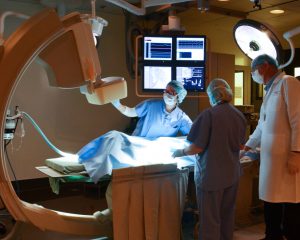Consolidation, Planning and Due Diligence: Our Annual Spotlight on the State of Preclinical for 2023
GCMI and our preclinical arm also known as T3 Labs is a trusted, proven industry-leading preclinical CRO for medical devices and other medical products. We’re an AAALAC accredited facility that conducts feasibility, proof of concept, feasibility, and safety and efficacy GLP medical device testing for studies in any therapeutic area and in small and large…








